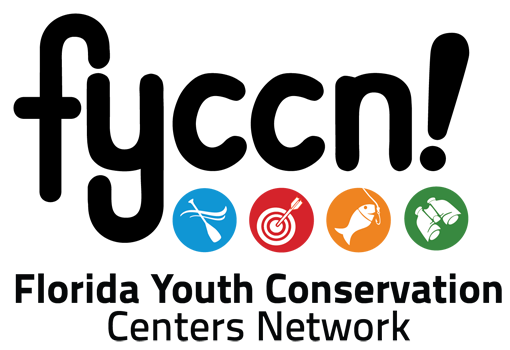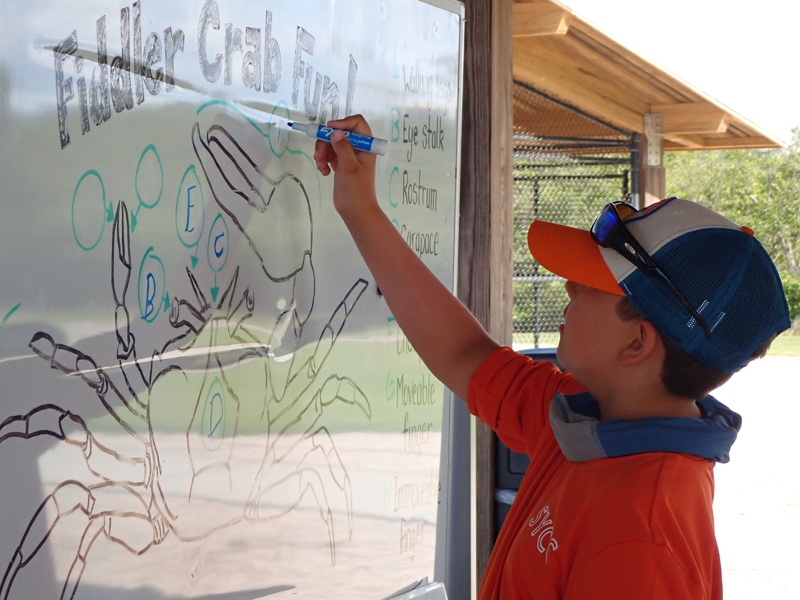
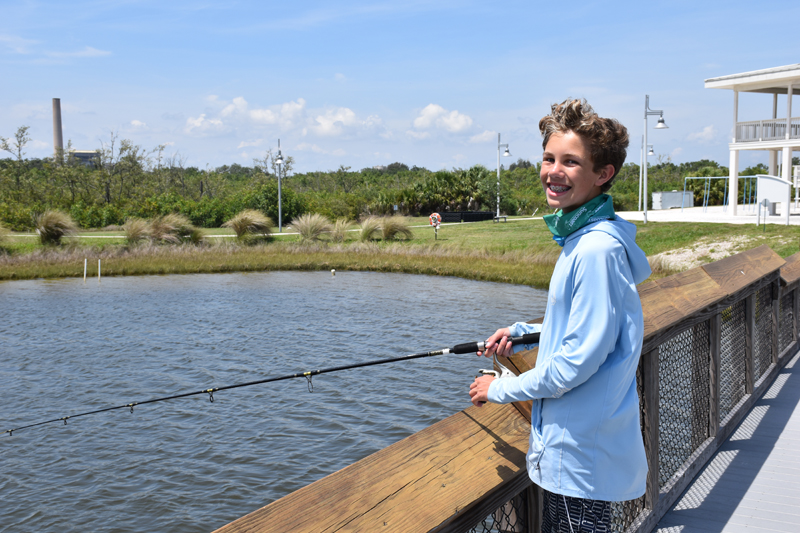
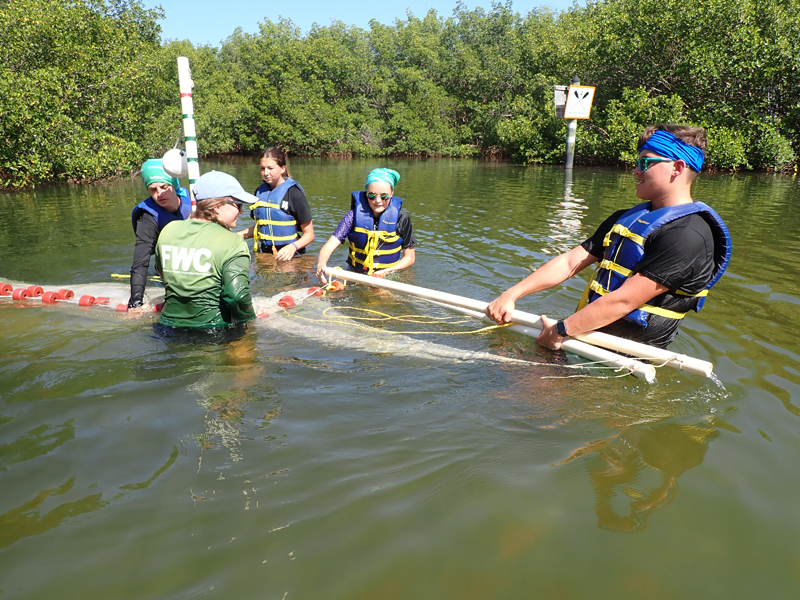
9th-12th Grade
KAYAKS AND QUADRATS
Program includes kayaking on Newman Branch Creek
DURATION: 4 hoursCAPACITY: 20-26 students
Via kayak, students will paddle 0.8 miles down a tidal creek surrounded by mangrove habitat. Prior to venturing out, SYCC’s kayaking instructors will review safety, equipment, and paddle strokes to ensure participantsare comfortable and prepared for adventure! Once at the destination, students will explore a truly unique habitat--a saltern! Using quadrats, students will learn about sampling methods while estimating the population of a fiddler crab colony.
FISH SAMPLING METHODS
DURATION: 4 hoursCAPACITY: 20-50 students
Students will learn about the two main fish sampling strategies used by fishery scientists in the Tampa Bay Estuary: dependent and independent monitoring. Using a seine net, students will sample the fish community in a section of our tidal creek, mimicking the fisheries-independent monitoring methods of local biologists. Next, students will learn the importance of protecting game fish by discussing ethical angling techniques and practicing catch and release fishing. Data on landed fish is collected, mirroring fisheries-dependent monitoring methods.
OPTIONAL: For a more advanced program, you may choose to add a mark/recapture component to these activities. Contact us for more details.
FISHING CLINIC
DURATION: 4 hours (A shorter program may be available upon request)CAPACITY: 20-50 students
Students begin by learning the basics of ethical angling including basic gear, proper fish handling techniques, fishing regulation basics, and why it’s important to protect marine fisheries. Once the concept of ethrical angling has been introduced, students will practice skills including tying on a hook, properly identifying and measuring fish, and casting a fishing rod. Finally, students will try out catch-and-release fishing on SYCC’s brackish water pond.
Fishing clinics can also be adapted to fit groups with students from multiple grade levels (Grades 3-12)
RAINY DAY ALTERNATIVE:
INDOOR FISH SAMPLING METHODS & WHO AM I?
In the event of inclement weather that does not lead to full cancellation of the program, SYCC will lead altered programming indoors or under shelter. Our inclement weather programming includes:
INDOOR FISH SAMPLING METHODS: Our fish sampling methods activity will be modified to take place under shelter. While no real fish will be caught, this activity will allow students to practice identifying, counting, measuring, and recording population data as they would in a real seining activity.
WHO AM I?: Students will be challenged to correctly match fish larvae viewed under a microscope to their corresponding adult specimens.
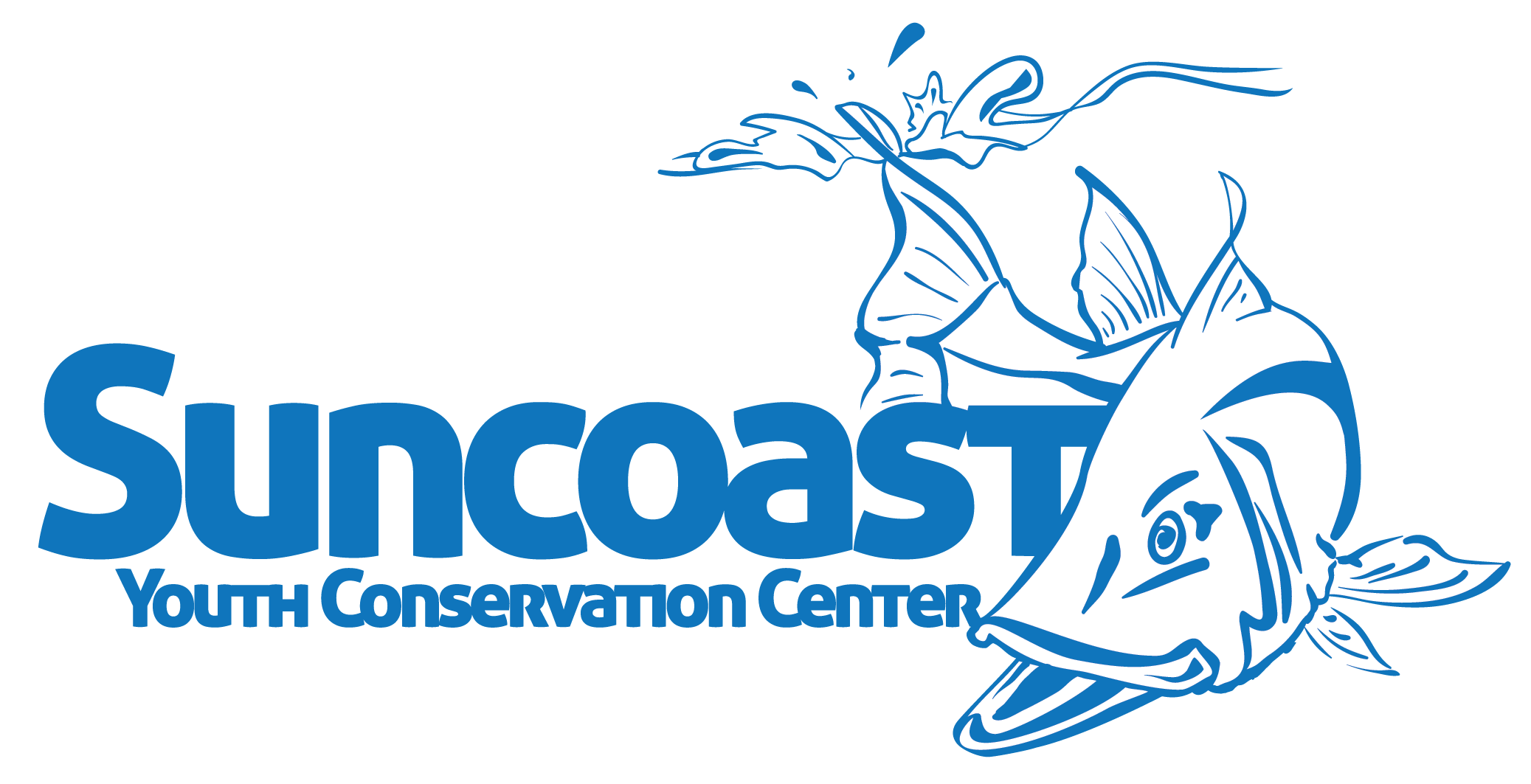
Suncoast Youth Conservation Center
6650 Dickman Rd. | Apollo Beach, FL 33572
(813) 922-7961 | suncoast@myfwc.com
See Map
